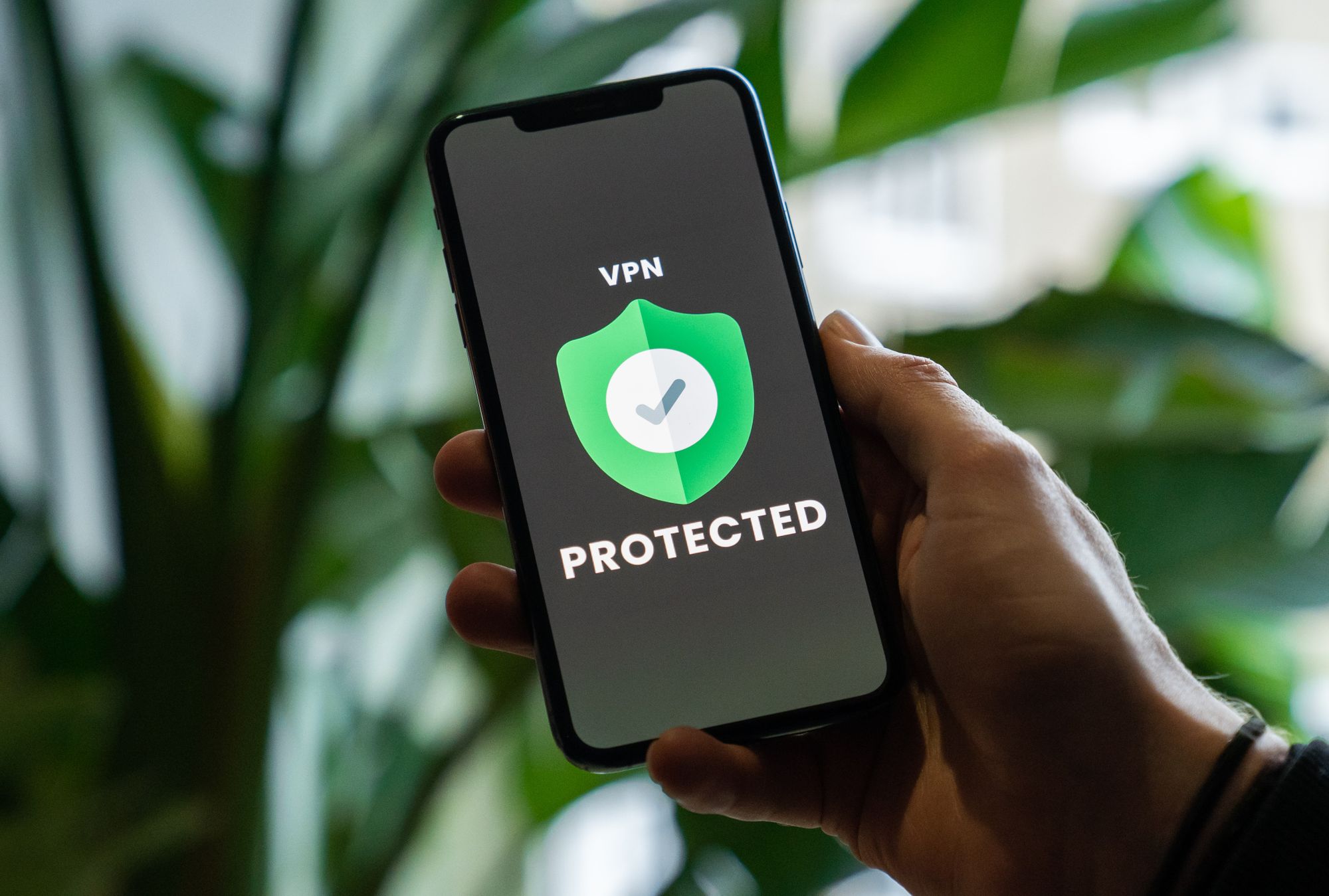In an increasingly connected world where privacy and security are paramount concerns, Virtual Private Networks (VPNs) have become an essential tool for safeguarding online activities. Whether you’re browsing the internet, accessing sensitive information, or connecting to public Wi-Fi networks, understanding the basics of VPNs and how to use them safely is crucial for protecting your digital identity and data.
What is a VPN?
At its core, a VPN is a service that extends a private network across a public network, allowing users to send and receive data securely over the internet. By encrypting your internet connection, VPNs create a secure tunnel between your device and the VPN server, protecting your online activities from prying eyes and potential threats.
How Does a VPN Work?
When you connect to a VPN server, your internet traffic is routed through an encrypted tunnel, making it difficult for hackers, ISPs (Internet Service Providers), or government agencies to intercept or monitor your online activities. Additionally, VPNs assign you a new IP address, masking your true location and providing anonymity while browsing the web.
Benefits of Using a VPN
Enhanced Security: VPNs encrypt your internet traffic, protecting your data from hackers and cybercriminals, especially when using public Wi-Fi networks.
Privacy Protection: By hiding your IP address and encrypting your connection, VPNs help preserve your online privacy and prevent third parties from tracking your online activities.
Access to Restricted Content: VPNs allow you to bypass geo-restrictions and access region-locked content by connecting to servers in different countries.
Anonymous Browsing: With a VPN, you can browse the internet anonymously, shielding your identity and location from websites and online services.
Secure Remote Access: VPNs enable secure remote access to corporate networks, allowing employees to work remotely while maintaining data confidentiality.
How to Use a VPN Safely
While VPNs offer numerous benefits, it’s essential to use them safely to maximize their effectiveness and protect your privacy. Here are some tips for using a VPN securely:
Choose a Reliable VPN Provider: Select a reputable VPN provider with a proven track record of privacy protection and security. Look for features like strong encryption, a strict no-logs policy, and a wide selection of servers.
Enable Kill Switch: A kill switch is a crucial feature that automatically disconnects your internet connection if the VPN connection drops. This prevents your data from being exposed to unsecured networks in case of VPN failure.
Regularly Update Your VPN Software: Keep your VPN client up to date to patch any vulnerabilities and ensure optimal security and performance.
Avoid Free VPN Services: While tempting, free VPN services often come with limitations and may compromise your privacy by selling your data to third parties. Invest in a paid VPN service for better security and reliability.
Be Mindful of Jurisdiction: Consider the jurisdiction of your VPN provider, as laws regarding data privacy and surveillance vary from country to country. Choose a provider located in a privacy-friendly jurisdiction to minimize potential risks.
Conclusion
In an era of widespread surveillance and cyber threats, VPNs offer a vital layer of protection for internet users seeking to safeguard their privacy and security. By understanding the basics of VPNs and following best practices for safe usage, you can enjoy the benefits of secure and anonymous browsing while protecting your digital identity and data from prying eyes. Choose a reputable VPN provider, enable essential security features, and use your VPN responsibly to ensure a safe and private online experience.
Also Read: True Benefits of Outsourcing Your IT 





